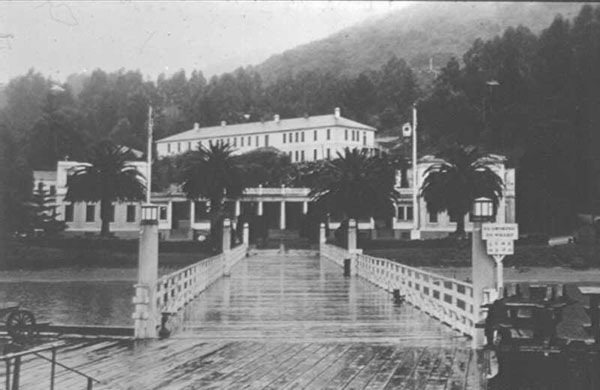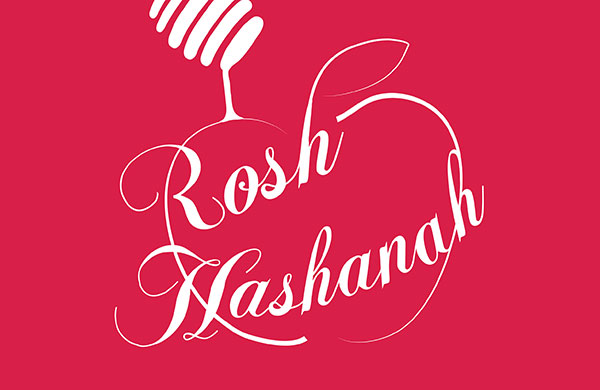
Years ago, I identified myself as an Arab Jew. As a descendant of four Syrian Jewish grandparents for whom Arabic was their first language, it seemed to fit. Even my parents spoke Arabic as their first language. While I never spoke the language, I could count, say angry words, love words and of course, “food,” in Arabic. Yet I was uncomfortable with the term because it seemed politically incorrect.
A few years ago, I saw the term being used by David Shasha, who writes an online newsletter. We got into a heated debate about the term and later I got into a discussion with Dr. Zvi Zohar of Bar Ilan University about the same issue. I wasn’t entirely convinced until I started to do some research of my own.
The issue came to my attention again in March 2008 when Forward readers took issue with the term Arab Jews when used by Saudi Arabian Prince Turki ak Faasal. The remark created a firestorm of comments. Why was this term so hot?
Here in Brooklyn, we hear and use Arabic in daily life. Although second and third generation Syrians have forgotten the language, there has been a tremendous resurgence since the arrival of the new Syrian immigrants in the early 1990s. Lebanese, Moroccans, Egyptians and others who speak Arabic have found a home in our country. We hear Arabic in the markets, sing Arabic songs during parties, and use the Arabic terms for foods and sayings. We eat Arabic food, and retain the habits and superstitions of our ancestors. Are we Arab Jews or Jews from Arab lands?
In November, during a program at the Museum of Jewish Heritage entitled “Jews of Islamic Lands,” Dr. Robert Satloff, Executive Director of the Washington Institute on Near East Policy, said that the term Arab refers to a person who speaks Arabic and understands Arab culture. He said that a Muslim was a person who practiced Islam and was not necessarily an Arab. Yet Dr. Satloff, who was moderating the discussion, refrained from using the term Arab Jew. And all of the Islamic countries he referred to spoke Arabic.
In February 1975, Albert Memmi wrote that “the term Arab Jews is not a good one.” His article appears on the website of the nonprofit organization, Jews Indigenous to the Middle East and North Africa
In 2005, David Shasha wrote in the Sephardic Heritage Report that Arabs included those who developed culturally under Arab-Islamic civilization. The language of the Middle East was Arabic and it was not limited to Muslims. In the Middle Ages, the language of culture was Arabic. Jews adopted Arabic and made their mark on Arabic culture. They immersed themselves in science and in the educational system of the Arab world. The Rambam, Sa’adia Gaon, statesman Samuel ibn Nagrela and poet Judah Halevi all wrote in Arabic.
Shasha writes that while Ashkenazic culture developed in isolation from the dominant cultures in Europe, Sephardic Jews in Spain, North Africa, and other Arabic speaking countries developed under the unique cultural system organized under the umbrella of Arabic languages and Arab-Islamic culture. German, Polish, French and Russian Jews all continued to identify with their language and culture of birth. The term French Jew reflects both language and the culture. As does the term German Jew, Dutch Jew or Italian Jew.
More than 800,000 Jews fled Arab countries after the creation of the state of Israel in 1948. In the book Arab Jews, Yehouda Shenhav writes that when the State of Israel was created, Arab Jews were the only ones stripped of their linguistic and cultural identity. German Jews continued to identify as such, as did French, Italian, Dutch and Russian Jews. Israel called Jews who had hailed from Arabic speaking countries Mizrahim. Shenhav says that Israel wanted to strip them of their Arabness. The Arab countries were the enemy of Israel. Arab Jews were asked to change their identity because the term Arab Jew was a hot term. It was a term that became a political football in 1948.
Israel regularly recruited Arab Jews into its ranks to spy. Eli Cohen was recruited to Mossad in the 1960s because he was an Arab Jew. He was able to infiltrate the Ba’ath Regime in Damascus. Caught and executed in 1965, his body was never returned to his wife in Israel. Arabness was part of Eli Cohen’s identity.
Today, Israel is using the loss of land and property suffered by Arab Jews as leverage against the argument by the Palestinians over their claim to the right of return. An organization, Justice for Jews from Arab Lands, was created to collect the claims.
The term Arab Jews identifies Jews who adopted the language and the culture of Arab civilization. After a century here in New York, the Arabic speaking Jews and their descendants in our community are still part of the larger Arabic cultural system, where food, language, music and superstitions rule who we are. The cultural reality of who we are has not changed over time.
Now that I more fully understand the term, I am proud to call myself an Arab Jew.
___________
Sarina Roffe, a community member, is a career journalist. She holds a BA in journalism from the University of Maryland



